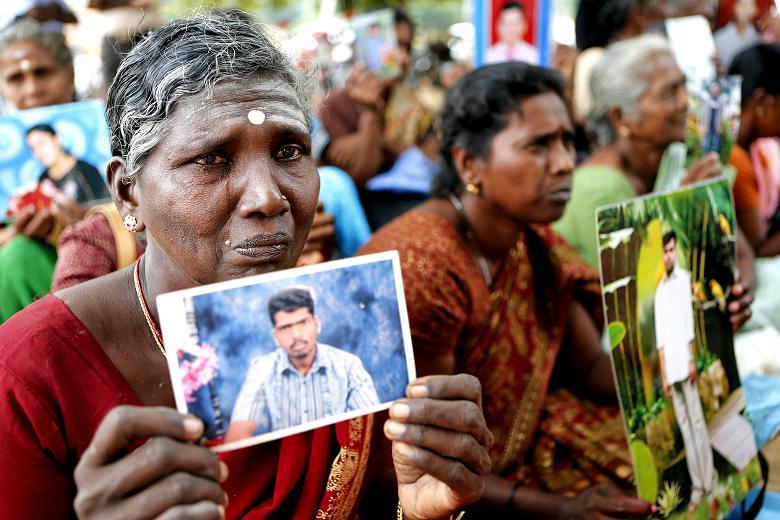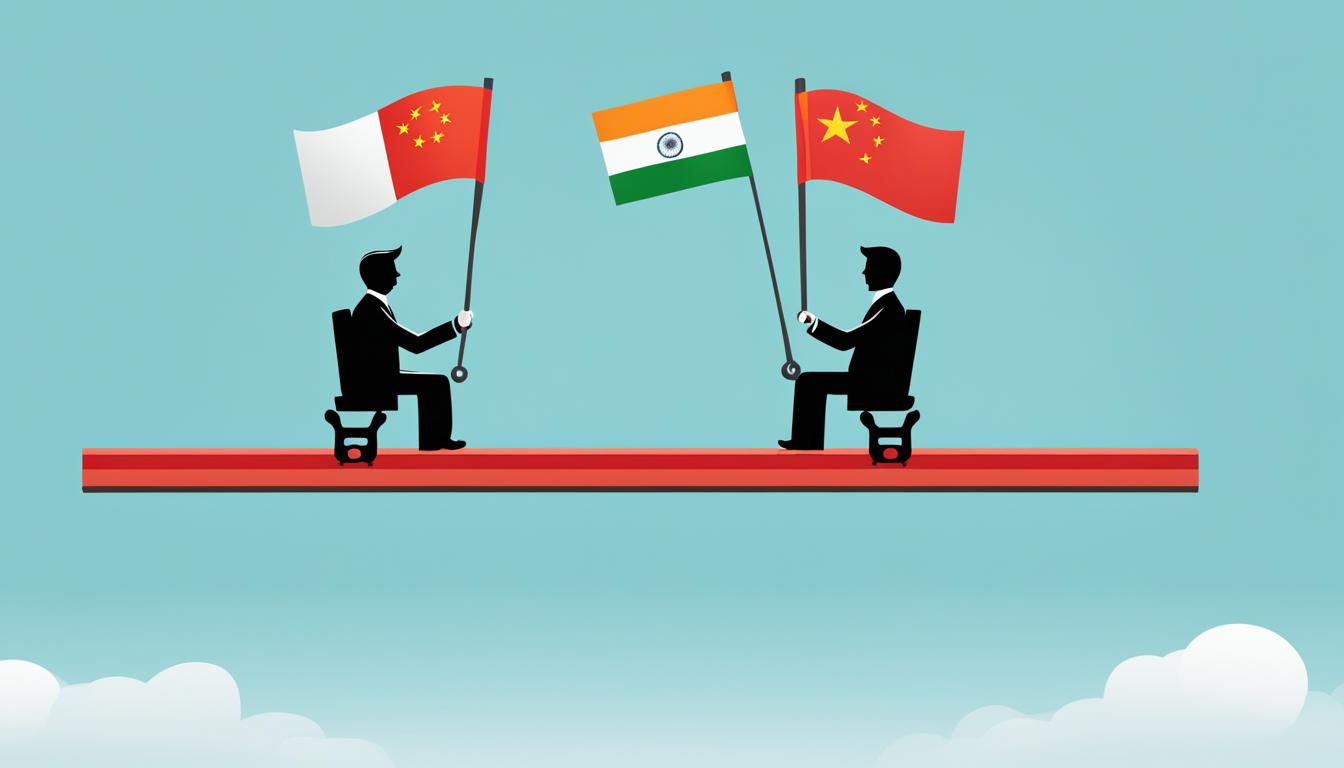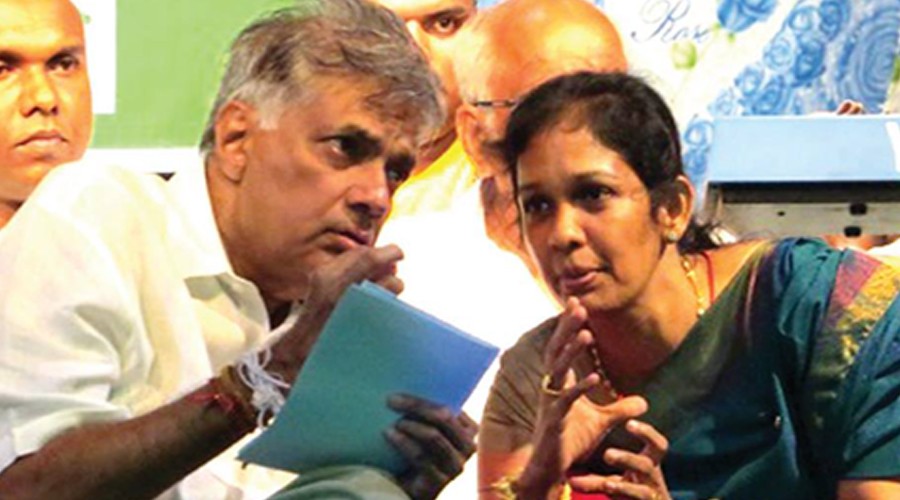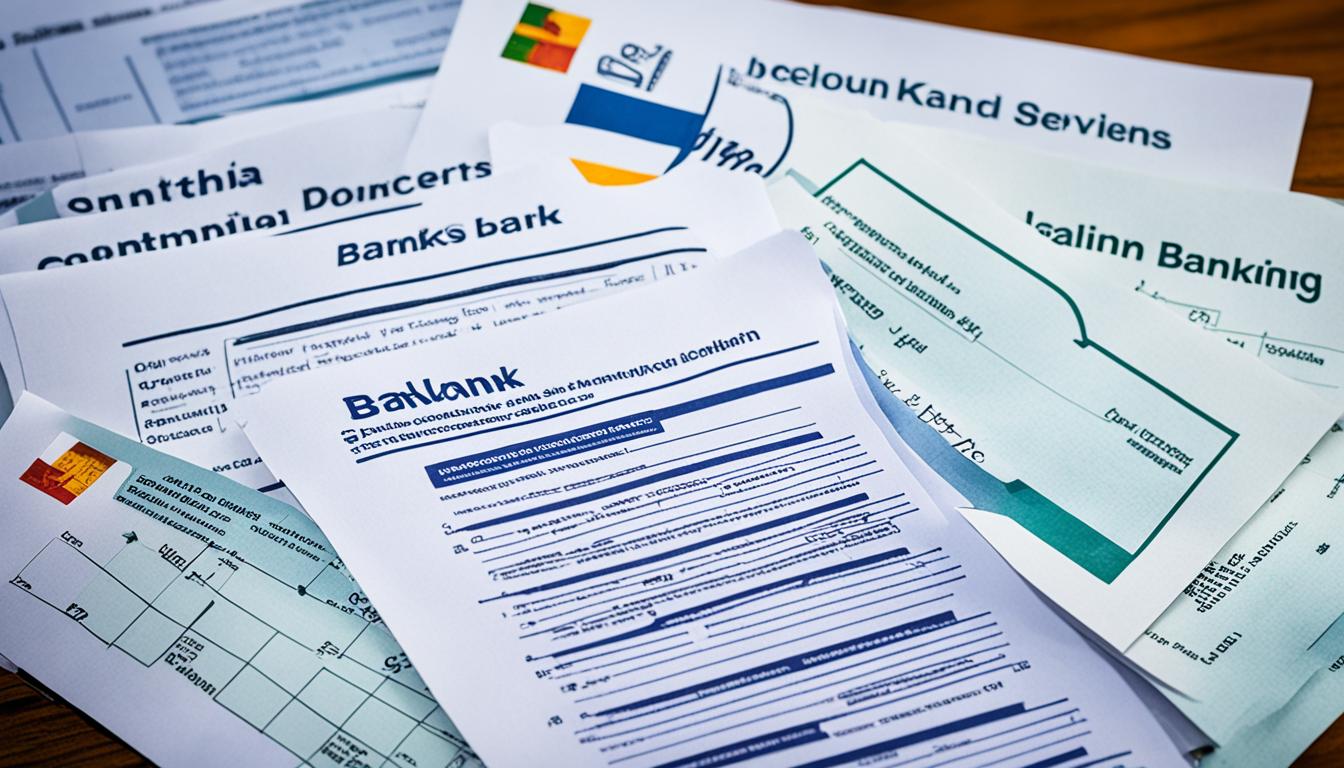In the midst of navigating through profound economic challenges, Sri Lanka finds itself at a crossroads where extended tax imposition has become the cornerstone for financial crisis recovery. The International Monetary Fund (IMF), steering the course of the nation’s fiscal reforms, posits that a steadfast approach towards improving tax policies is pivotal for Sri Lanka to rebuild its economic robustness. With tax revenue witnessing a steep decline since the early 1980s, the Indian Ocean island’s ability to fund government-provided services and contribute to the common good directly correlates with its taxation system. The hard-hitting guidance from the IMF Senior Mission Chief, Peter Breuer, stresses the dire need for Sri Lanka to maintain an elevated taxation level to counteract the slump in GDP and secure a foothold for a sustained recuperation.
Key Takeaways
- Extended tax imposition is crucial for Sri Lanka’s long-term economic stability.
- The revenue generated from taxes is instrumental in maintaining government services essential to the public.
- Sri Lanka is facing a necessary period of financial austerity to support IMF fiscal reforms.
- Heightened taxation is part of Sri Lanka’s strategy to emerge from its current financial crisis.
- Despite economic hardships, maintaining higher taxes is critical for recovery and preventing further economic decline.
Understanding Sri Lanka’s Economic Crisis and Taxation Challenges
The International Monetary Fund (IMF) has raised significant concerns over Sri Lanka’s economic sector, pinpointing the tough landscape paved with tax system challenges and deep-rooted fiscal deficits. In recent times, an urgent call for economic reform rings across the nation, as the government and stakeholders deliberate on innovative approaches that align with the IMF’s tax strategy. This quest to stabilize the economy has spotlighted the pressing necessity to craft a tax system robust enough to underpin the nation’s recovery.
Decades back, Sri Lanka boasted revenue streams that represented up to 20% of the Gross Domestic Product (GDP), a testament to a buoyant economy. Contrast that with the stark downturn of 2022, where income plummeted to a mere 8% of GDP, reflecting the magnitude of Sri Lanka’s economic sector concerns. The decrease heralds the acute need for a tactful redress through effective tax system challenges resolution strategies.
The IMF’s analyses underline a strategic tax strategy that could potentially reinvigorate the economy. Nevertheless, implementing this requires careful negotiation with the realities of the populace who are currently experiencing the brunt of the economic constriction. To this end, conversations around economic reform are not just about numbers; they’re about real lives and the laborious road to revival.
- An assessment of the broader fiscal policy and its alignment with international standards.
- A multi-layered approach that considers both immediate relief and longer-term sustainability.
- A commitment to transparency and public engagement to build trust in the government’s fiscal moves.
Ultimately, for Sri Lanka’s revival to gain traction, addressing these concerns with sagacious policies and pragmatic, citizen-centric tax reforms will mark the cornerstone of resurgence. It stands as a complex but essential puzzle piece in the broader context of international economic standards and the IMF’s recommendations for strategic governance.
Tax burden likely to remain longer than expected
In the wake of a financial crisis that has profoundly affected Sri Lanka, the tax policies implemented to recuperate from economic hardships seem poised for a more extended duration than previously anticipated. The ongoing challenges punctuate the need for maintaining the fiscal measures that underpin the nation’s financial stability and the funding of critical public services. Despite these measures increasing the financial load on both individuals and companies, they are fundamental in protecting and rebuilding Sri Lanka’s economy.
The Role of Taxes in Funding Essential Services
The revenue generated from taxation serves as the lifeblood for essential services funding in Sri Lanka, a responsibility that the government cannot overlook. The tax burden impact also lays the ground for sustainable development, as resources are channeled towards the sectors that urgently require strengthening. Quality healthcare, education, and public transportation are directly dependent on the consistent inflow of tax revenue, making it a cornerstone for the communal benefits that uplift the standard of living amidst Sri Lankan economic hardship.
Impact of Taxation on Sri Lankan Economy and Public Services
As Sri Lanka grapples with the ripple effects of its economic strife, the imposition of taxes—though tough—reflects a strategic move aimed at preventing future vulnerabilities. Taxation, as challenging as it is for the populace, is imperative for the continuity of public services. By safeguarding internal resources through effective tax strategies, Sri Lanka positions itself to combat the prolonged economic turmoil and prevent a collapse of public sector services that are integral to the nation’s recovery and growth.
IMF’s Stance on Sri Lanka’s Need for Sustained Tax Revenue
The International Monetary Fund (IMF) has made it clear through its analyses and recommendations that sustained tax revenue forms a pivotal aspect of IMF economic support for Sri Lanka. The global institution’s insights further endorse the necessity for persistent tax efforts to aid in the stabilization of the economy. Despite the short-term implications for economic revitalization, the IMF posits that these tough fiscal reforms will facilitate long-term prosperity, ensuring that the island nation forges a path to overcoming its financial deficits.














